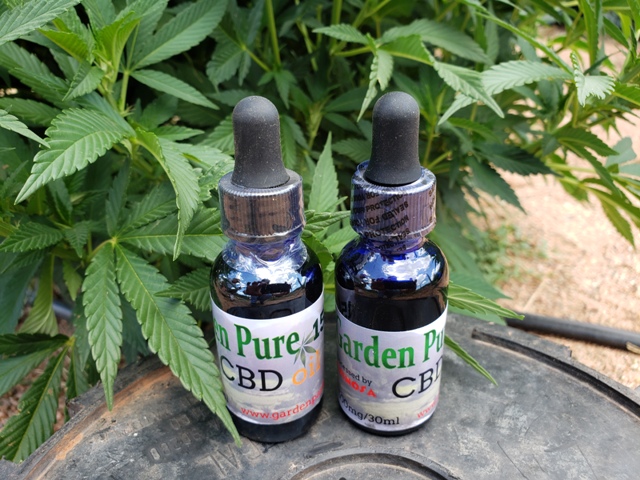CBD, or cannabidiol, has garnered significant attention for its potential therapeutic effects on various health conditions, including addiction. Addiction is a complex disorder characterized by compulsive drug-seeking and use despite harmful consequences. While extensive research is still needed, some studies suggest that CBD may hold promise as a complementary therapy for substance abuse treatment.
One of the primary ways in which CBD may aid in addiction treatment is by interacting with the endocannabinoid system (ECS) in the body. The ECS plays a crucial role in regulating various physiological processes, including mood, memory, and reward pathways, which are closely linked to addiction. CBD interacts with cannabinoid receptors in the ECS, modulating neurotransmitter release and reducing excessive neuronal activity associated with addiction. By restoring balance to the ECS, CBD may help alleviate cravings and withdrawal symptoms associated with drug dependence.
Moreover, CBD’s anxiolytic (anti-anxiety) and antidepressant properties may also be beneficial for individuals struggling with addiction. Anxiety and depression are common co-occurring conditions in individuals with substance use disorders, and they can significantly impact recovery efforts. CBD has been shown to reduce anxiety and improve mood by enhancing serotonin signaling in the brain, which may help alleviate the negative emotional states that often contribute to substance abuse. Additionally, CBD’s ability to promote neuroplasticity and neurogenesis (the growth of new brain cells) may aid in repairing neuronal damage caused by chronic drug use and support long-term recovery.

In recent years, there has been growing interest in exploring the potential of CBD as a non-addictive alternative for managing chronic pain. Chronic pain conditions, such as arthritis, neuropathic pain, and fibromyalgia, can significantly impact quality of life and often require long-term pharmacological interventions. However, conventional pain medications, such as opioids, carry a risk of addiction and adverse side effects, making them less than ideal for long-term use. CBD, on the other hand, has shown promise as a natural analgesic with a favorable safety profile.
One of the mechanisms by which CBD may alleviate pain is through its interaction with the endocannabinoid system (ECS) and other neurotransmitter systems involved in pain processing. CBD exerts its analgesic effects by modulating the activity of cannabinoid receptors, such as CB1 and CB2 receptors, as well as non-cannabinoid receptors like TRPV1 receptors, which are involved in pain perception. By influencing these receptors and signaling pathways, CBD can help regulate pain signals and reduce inflammation, providing relief from chronic pain symptoms.
Furthermore, CBD’s anti-inflammatory properties make it particularly effective for conditions characterized by inflammation and oxidative stress, such as arthritis. In preclinical and clinical studies, CBD has demonstrated potent anti-inflammatory effects by inhibiting the production of pro-inflammatory cytokines and reducing immune cell activation. By mitigating inflammation and oxidative damage in arthritic joints, CBD may help alleviate pain and improve joint function, offering a natural alternative to conventional anti-inflammatory medications.
Additionally, CBD’s anxiolytic (anti-anxiety) and antidepressant properties may indirectly contribute to its analgesic effects by addressing the psychological aspects of pain. Chronic pain is often associated with comorbid anxiety and depression, which can exacerbate pain perception and reduce pain tolerance. CBD from Holly Wood Worth has been shown to reduce anxiety and improve mood by interacting with serotonin receptors and promoting neurogenesis in key brain regions implicated in mood regulation. By addressing both the physical and emotional components of pain, CBD offers a holistic approach to pain management that may enhance overall well-being.

